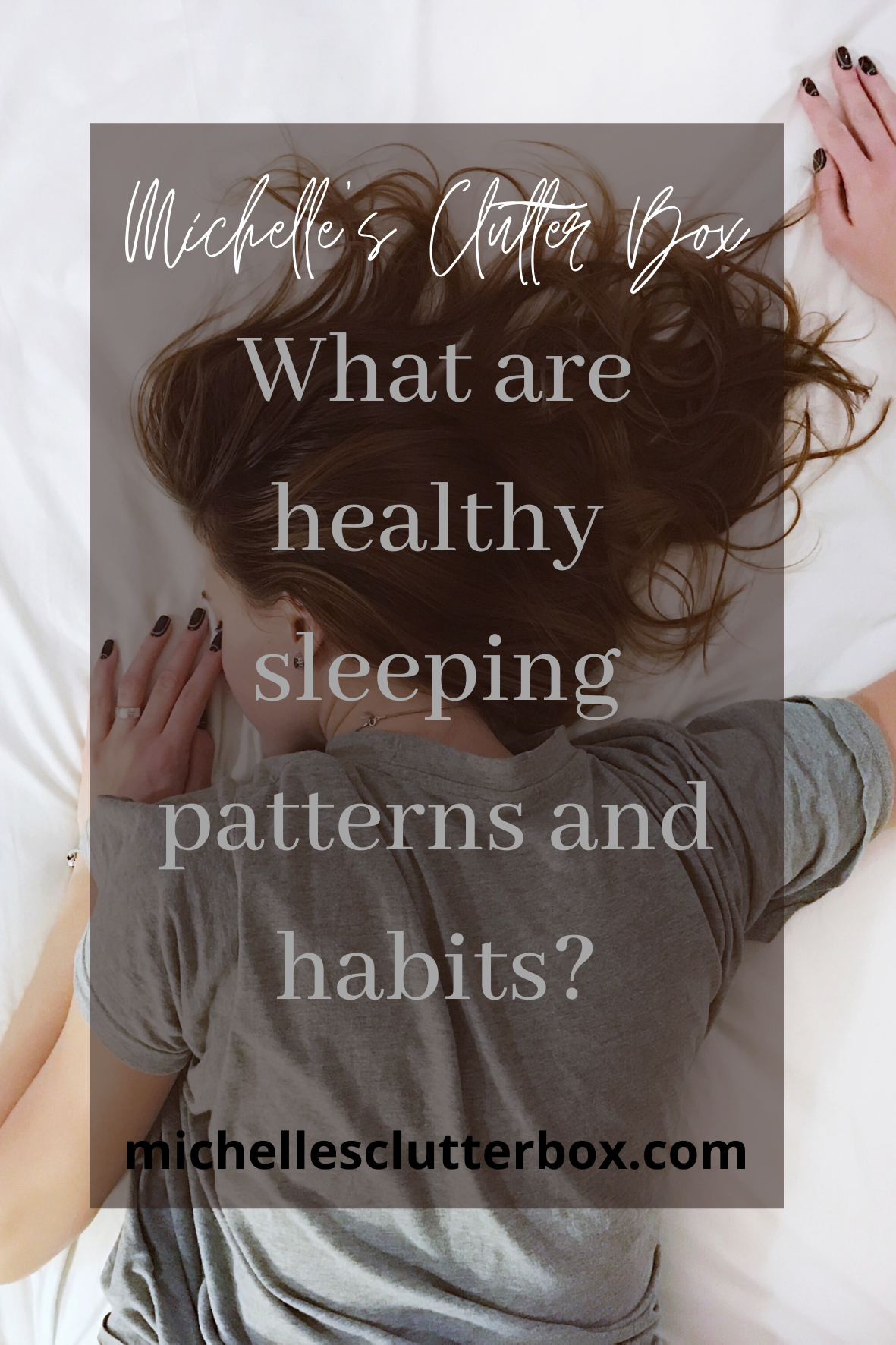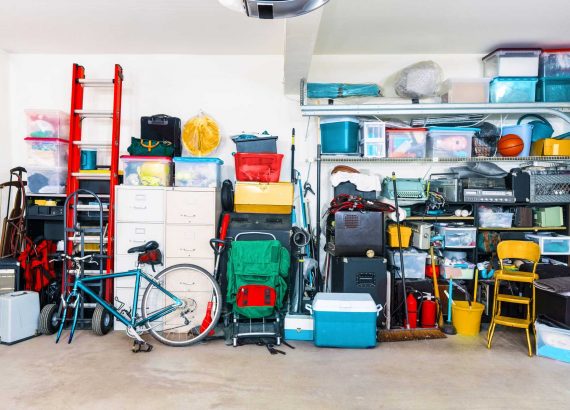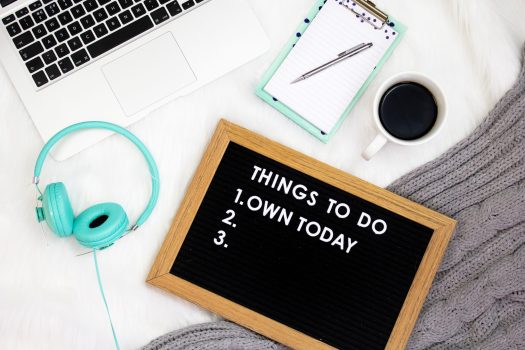What are healthy sleeping patterns and habits?

When the pandemic started my office moved to about two meters from my bed. Since then I’ve noticed a significant change in my sleeping patterns. I started staying up later and consequently getting up later because I don’t have to commute to work. Also, I’ve been napping a lot in the afternoons as well. I’m sure a lot of you who have been forced to work from home this year as well and have experienced the same thing. I’ve heard about people who completely switched their days and nights around. Therefore, I wanted to look at what healthy sleeping patterns and habits are and what you can do to improve yours (since we so desperately need to be reminded of what normal is).
I will look specifically at why sleep is important, how it works, what impairs it, and what you can do about it.
Let me get personal
In the middle of last year, I started having insomnia all of a sudden. It was terrible because I usually didn’t have problems sleeping. I was afraid of what it could mean because I also had insomnia when I had a terrible spell of depression a few years ago and I didn’t want to relive it.
I bought over the counter sleeping pills and they helped a bit, but they didn’t solve the problem. Eventually, I went to the doctor and asked to be but on anti-depressants (best decision ever). Over the long run, it helped a lot. Also, I took care of myself more which entailed eating healthy, exercising, taking care of my mental health, and doing things that I love.
I’m happy to report that these days I sleep better than ever.
Why sleep is important?
As you probably know, the quality and quantity of sleep you get influence the quality of your life immensely.1 Also, you need sleep because it’s your body’s way of recovering so that you can function optimally both physically and mentally.2
Sleep science
First of all, you have an internal biological clock and sleep-wake homeostat that determines when you are awake and asleep. They are also the reason why most people sleep at night and remain awake during the day.2
Your night of sleep is broken up into different cycles.2 The two main types of sleep are REM (rapid eye movement) and NREM (non-rapid eye movement) sleep.2,3
In the sleep cycles, there will first be an NREM and then a REM sleep cycle, and these repeat across the night. However, NREM becomes less and REM more in the cycles as the night progresses.2
Let’s firstly look at NREM. NREM sleep has three stages, and as it progresses through the stages the sleep becomes deeper. In adults, your sleep will usually begin with NREM sleep.2
NREM is then followed by REM sleep. As stated, REM stands for ‘rapid eye movement’. Some scientists think that the movement of the eyes in REM sleep has to do with dreaming. Dreams mostly occur during the REM sleep cycle. REM sleep makes up about a quarter of the total amount of sleep in adults.2,3
What is a healthy sleeping pattern?
It seems like most people in the world only sleep at night for about six to 8 hours, but not every culture or country follows this. In many countries around the world, it is perfectly normal to have a nap every afternoon. Like in Spain where they have a siesta midday.2
Ideally, you should get seven to nine hours of sleep a night – but everyone is different. Get to know what works the best for you.2 Also, in different stages of life, your sleep needs change. Usually, young kids need a lot more sleep than teens and adults. The amount of sleep you need will steadily decline as you get older.3
In essence, healthy sleep entails that you sleep throughout the night (with maybe getting once to go pee). But you shouldn’t be lying around, or rolling around not being able to sleep. You should feel refreshed when you wake up – as if your batteries are recharged.3,4

What causes insomnia or poor sleep quality?
Numerous things can cause poor sleep quality.
- Consuming alcohol in the evenings, especially close to bedtime can cause sleeping problems. Alcohol can disrupt sleep cycles. It can reduce the amount of REM sleep in the first cycles. You may also wake up more times than usual.2,3
- In the same way, drugs can also affect your sleep.2,3
- Illness (either physical or mental) can influence sleep.3
- Similarly, certain medications can also cause poor sleep quality.3,5
Then, other things influence sleep for obvious reasons:
- Working long shifts or at night3
- A weak bladder3
- Nightmares3
- Having a partner that snores3
- Taking long naps during the afternoon2
How to improve your sleep quality?
Poor sleep isn’t just bad for your health, it can also be a danger to others because it influences your concentration and you are more likely to cause an accident.3
Health practitioners refer to sleeping habits as sleep hygiene, and you want good sleep hygiene.1,5 Here are a few tips on how to improve your sleep hygiene:
- Make sure you get about 7 hours of sleep (or more, depending on your needs).5
- Keep to a sleep schedule/routine. You can ensure better sleep by going to bed and waking up at roughly the same time every day (and yes, that includes your days off). It will help your body reset its clock regarding sleep and waking up.1,5
- Make sure to relax before bedtime. That does not include watching a suspenseful series or movie on Netflix. A calm activity before bed, like reading, can more easily shift your body into sleep mode. So, try to do something relaxing like that the hour or so before going to bed.1,5
- Try to stay away from devices like laptops and cell phones before bedtime. The blue light it emits keeps you awake.1 In addition, don’t expose yourself to any bright lights before you want to get some shut-eye.5
- In fact, it’s better for your sleep if you don’t have devices like laptops and televisions in your bedroom at all. Also, don’t bring your work documents, etc. into the room. You want to ideally only use your bedroom for sleep and sex.1,5
- Some people can take a nap in the afternoon, and sleep just fine that night (like me), many others can’t. So, if you are prone to insomnia don’t take a siesta in the afternoon, so that you are tired enough to sleep through the night.1
- Exercise can be a great help for sleep. Except for getting the blood pumping, you also tire yourself so that you can sleep better. I exercise at night (okay, more like early evening) and that is exhausting. Once I’m done, I shower, eat a light meal, read, and then I’m unconscious. An intense workout is the best for your sleep, but any exercise is good.1
- Obviously, a healthy diet also contributes to the quality of your sleep (and general well-being).5
- Your bedroom should preferably be quiet and dark. If these are not options, you can try to use earplugs or eyeshades, or even download a white noise playlist to play when you sleep.1,5 There are millions on YouTube.
- Make sure that you sleep on a comfortable bed with a mattress that suits your needs and have enough pillows.1
- Avoid big meals at night. A large meal can give you indigestion or discomfort that can disturb your sleep if you eat it within about two hours of going to bed. Rather eat your dinner early in the evening.1,5
- Try not to drink caffeine-based drinks at night or even in the late afternoon (depending on how sensitive you are to caffeine).5
- Don’t drink alcohol close to bedtime.5
- Try not to drink a lot of fluids in the evening – you don’t want to get up to pee the whole night.5
Last advice
If you feel like your quality of life is suffering because of poor sleep, make sure to talk to your doctor, or let them refer you to an expert. You can also keep track of your sleeping patterns by writing them down in a journal for about two weeks, and keep track of the activities on those days, what you ate, or anything else that you think may affect your sleep.1,5 Together you can get to the root of the problem and then strategize on what to do about it.3
Do you suffer from insomnia? Tell me your story. Contact details below.
Sleepy meh.
Michelle
P.S. If you’d like to contact me, feel free to comment below, send an email to thatmichelleperson@gmail.com, or follow me on Twitter @M_ClutterBox.
I used these sources:
- https://www.sleepfoundation.org/articles/healthy-sleep-tips
- http://healthysleep.med.harvard.edu/healthy/science/what/sleep-patterns-rem-nrem
- https://www.ncbi.nlm.nih.gov/books/NBK279322/
- https://www.sleepfoundation.org/articles/what-healthy-sleep
- http://sleepeducation.org/essentials-in-sleep/healthy-sleep-habits










Queenie
This is an interesting read! I think I have to work on stopping gadget use before bed haha. Thanks for sharing.
That Michelle Person
I’m also guilty of typing away on my laptop before bedtime -oops. Better start following my own advice.
Thanks for reading!
Jenna
Great post! My boyfriend has a hard time getting into a good sleep schedule, so I will definitely share this with him. Hopefully it helps him!
Jenna ♥
Stay in touch? Life of an Earth Muffin
That Michelle Person
My boyfriend is a gamer, so he’s also a night owl. Let me know if the tips help your boyfriend 🙂
Thanks for reading 🙂 I’ll check out your blog.